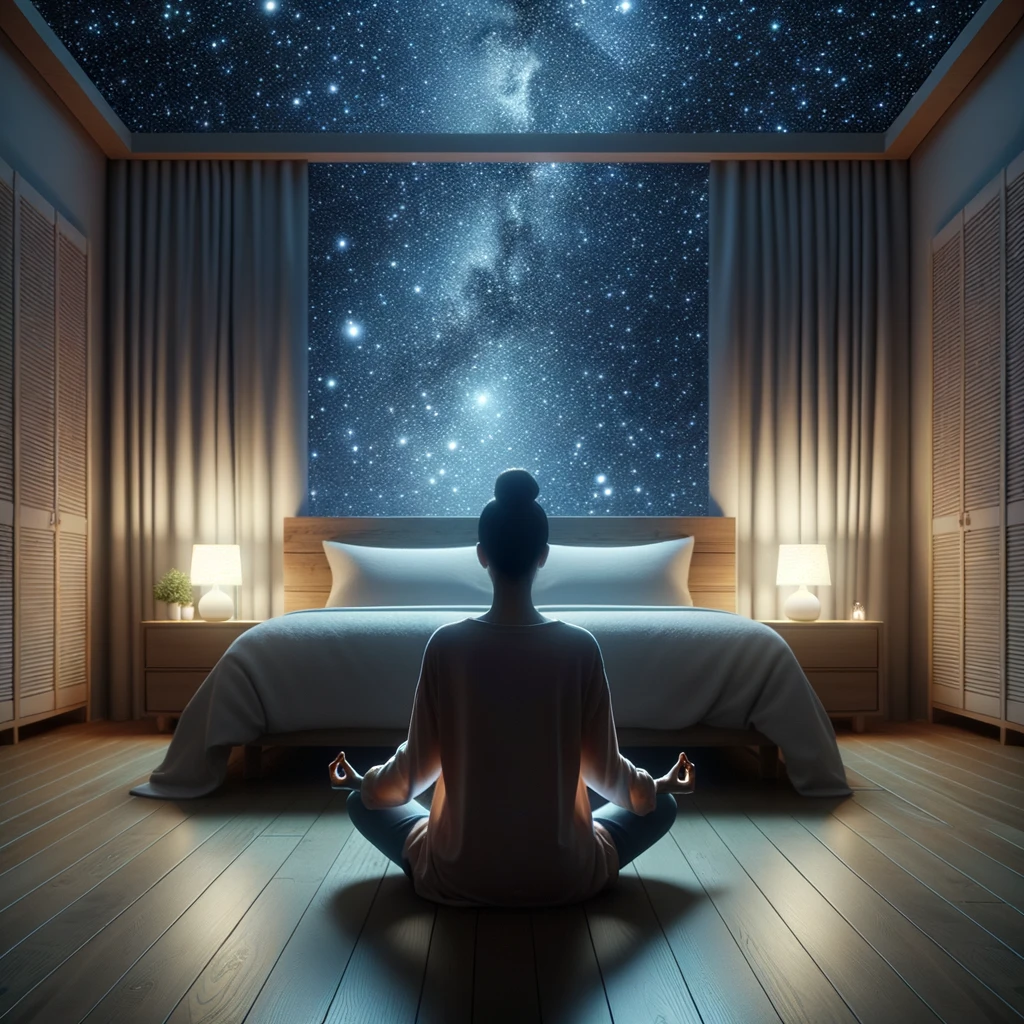The Role of Deep Sleep in Handling Stress
- Published:
- December 1, 2023
- Author:
- Chris Garrett
Modern life, with its myriad demands, often carries an unwelcome companion: stress. While momentary stress can act as a motivator, chronic stress can wreak havoc on our mental and physical well-being. Amidst various coping mechanisms, there’s a natural, often overlooked ally in our battle against stress – deep sleep. Let’s delve into the rejuvenating role deep sleep plays in managing and mitigating stress.

Decoding Stress
At its core, stress is the body’s response to perceived threats. While it can manifest in various forms – be it the pressure of a deadline or the anxiety of a significant life change – its physiological effects are consistent. Elevated heart rate, increased cortisol levels, and heightened alertness are all hallmarks of the stress response.
Deep Sleep: The Natural Stress Buffer
Deep sleep, or slow-wave sleep, serves as the body’s primary recuperation window. Its association with stress management includes:
-
Hormonal Regulation: Deep sleep aids in regulating cortisol, the primary stress hormone, bringing its levels down and ensuring a fresh start each day.
-
Emotional Processing: During deep sleep, the brain processes emotional experiences, often diffusing their intensity and preventing them from escalating into chronic stressors.
-
Cellular Recovery: Stress can cause cellular damage. Deep sleep facilitates cell repair and regeneration, ensuring the body remains resilient.
-
Cognitive Restoration: A rested brain can assess situations more rationally, reducing the likelihood of perceiving events as more stressful than they are.
Amplifying Deep Sleep with Binaural Beats
The Deep Sleep preset, operating within the 90hz to 95hz frequency range, can potentially bolster the stress-buffering effects of deep sleep:
-
Aiding Relaxation: The rhythmic beats can calm a restless mind, creating an environment conducive to sleep.
-
Enhancing Sleep Quality: By potentially facilitating deeper and more restorative sleep phases, the preset can magnify deep sleep’s natural stress-reducing benefits.
-
Reinforcing Sleep Patterns: Regular use can help establish consistent sleep rhythms, vital for maintaining optimal cortisol regulation.
Embracing Deep Sleep for Stress Management:
-
Consistent Sleep Schedule: Going to bed and waking up at consistent times can stabilise the body’s internal clock, optimising deep sleep.
-
Sleep Environment: Ensure a bedroom conducive to sleep – dark, quiet, and cool.
-
Limit Stimulants: Consume caffeine and alcohol in moderation and avoid them in the hours leading up to bedtime.
-
Relaxation Techniques: Pairing the Deep Sleep preset with activities like meditation, deep breathing, or progressive muscle relaxation can amplify its effects.
In Conclusion
While stress might seem an inevitable part of modern life, tools like deep sleep remind us that nature has equipped us with powerful defences. By prioritising deep sleep and utilising aids like the Deep Sleep preset, we can navigate life’s challenges with a calm mind and a resilient spirit. For those eager to harness the protective shield of deep sleep against life’s stressors, try the Deep Sleep preset now. Embrace tranquillity, one restorative night at a time.